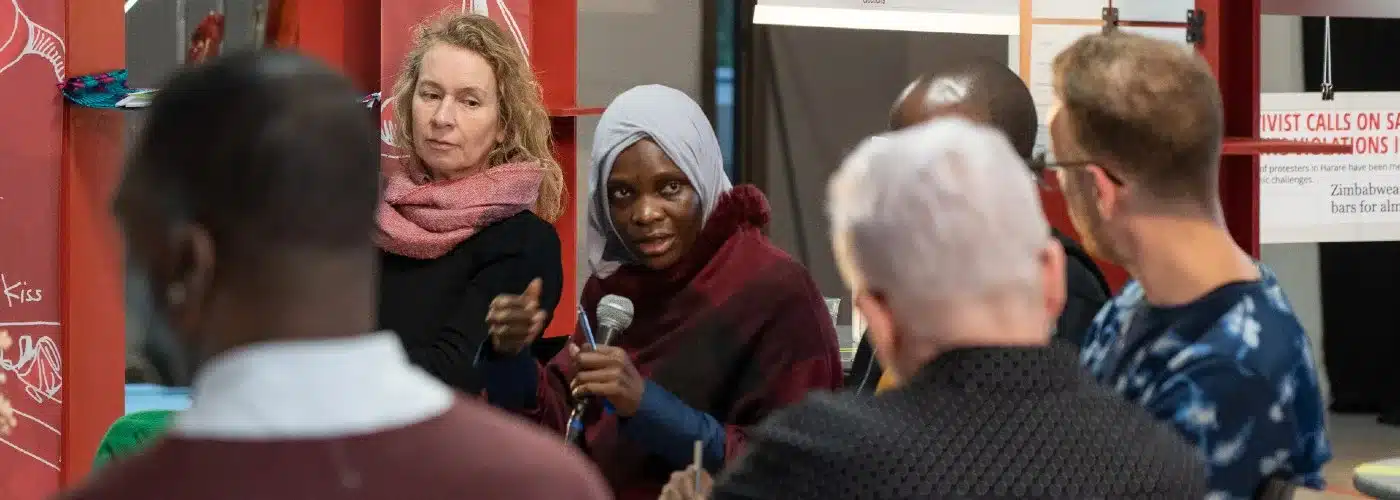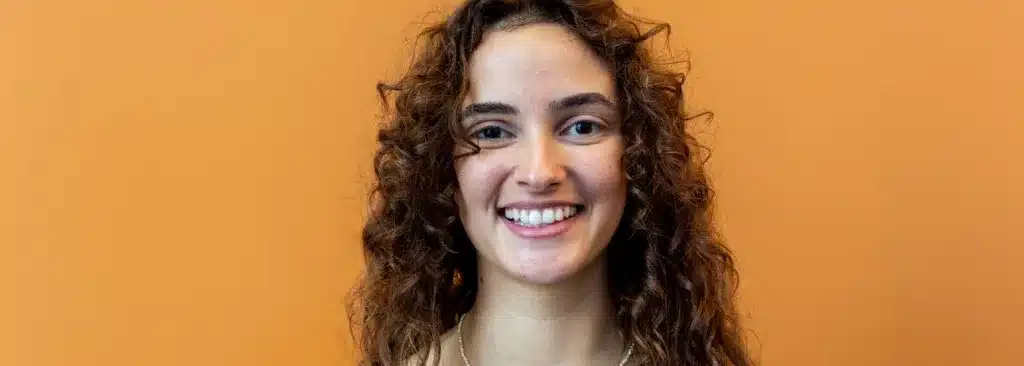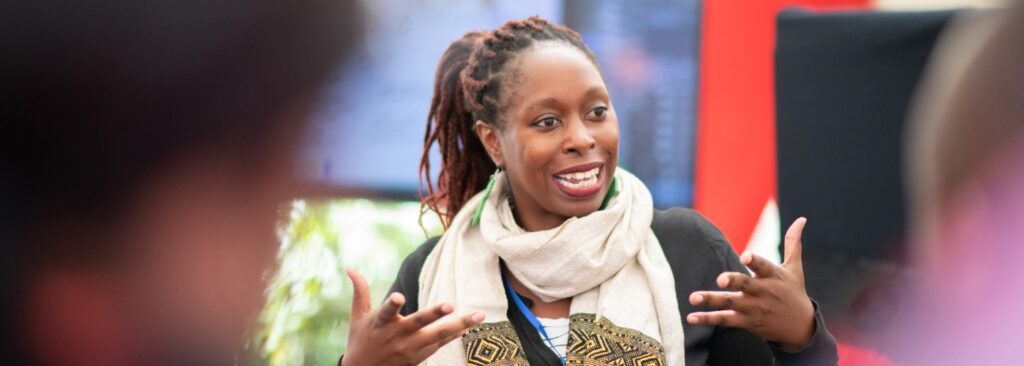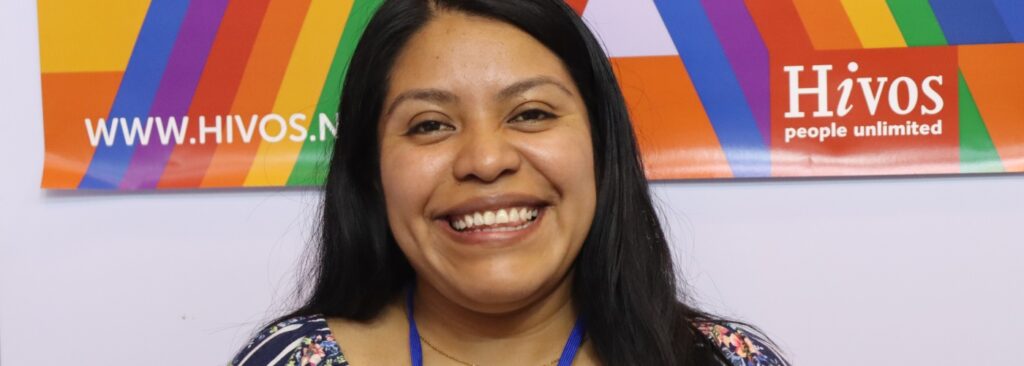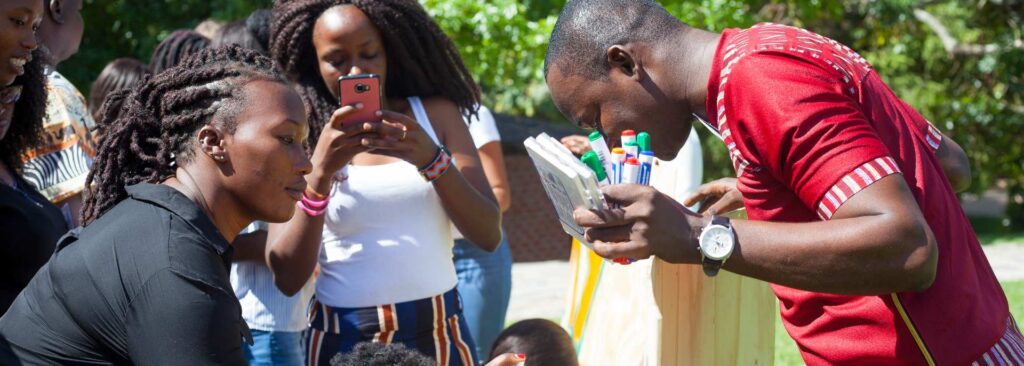We Lead in Niger: A new generation of feminists
“On paper, human rights are acknowledged in policies and laws – the problem is execution,” says Rahinatou Moussa Souna. “As advocates, we need to make sure policy and good intentions are put into practice.” Rahinatou serves as the country lead in Niger for Hivos’ We Lead program, a five-year project that advances the sexual and reproductive health and rights (SRHR) of young women and girls. She spoke to us when she came to the Netherlands for the opening of Testimonies of Change, an exhibition hosted by Hivos and The Royal Academy of Arts in The Hague.
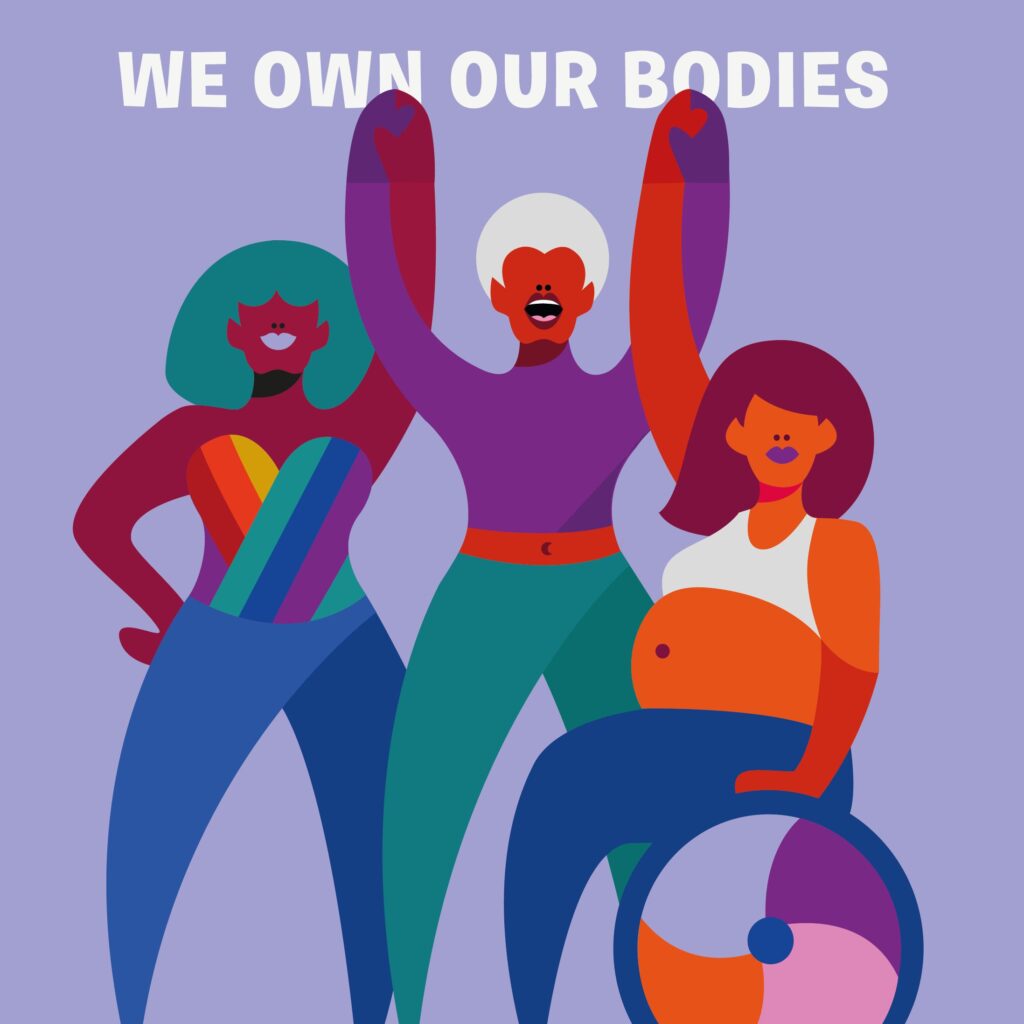
The We Lead program aims to build on the social momentum in Niger to change the status quo. The program successfully found important allies.
“The governor in the Maradi Region was the first governor to openly support the SRHR of girls.” And the National Police committed to changing how they handle cases of gender-based violence.
Building a movement, capturing the momentum
Women and girls face many challenges in Niger. According to UNICEF, only 14% of women can read and write in Niger, compared to 42% of men. However, Rahinatou sees many opportunities for change.
Through social media, young women have more opportunities to speak out about their right to bodily autonomy and freedom to decide about having children. “And there’s also been progress in the educational system,” she adds. “With the introduction of sexuality education in schools, we see women becoming more self-confident.”
The We Lead program aims to build on this social momentum to change the status quo. And Rahinatou confirms that this is already happening. “In the Maradi Region, we have successfully found an ally in the governor of the region. He was the first governor to openly support the SRHR of girls,” she tells us.
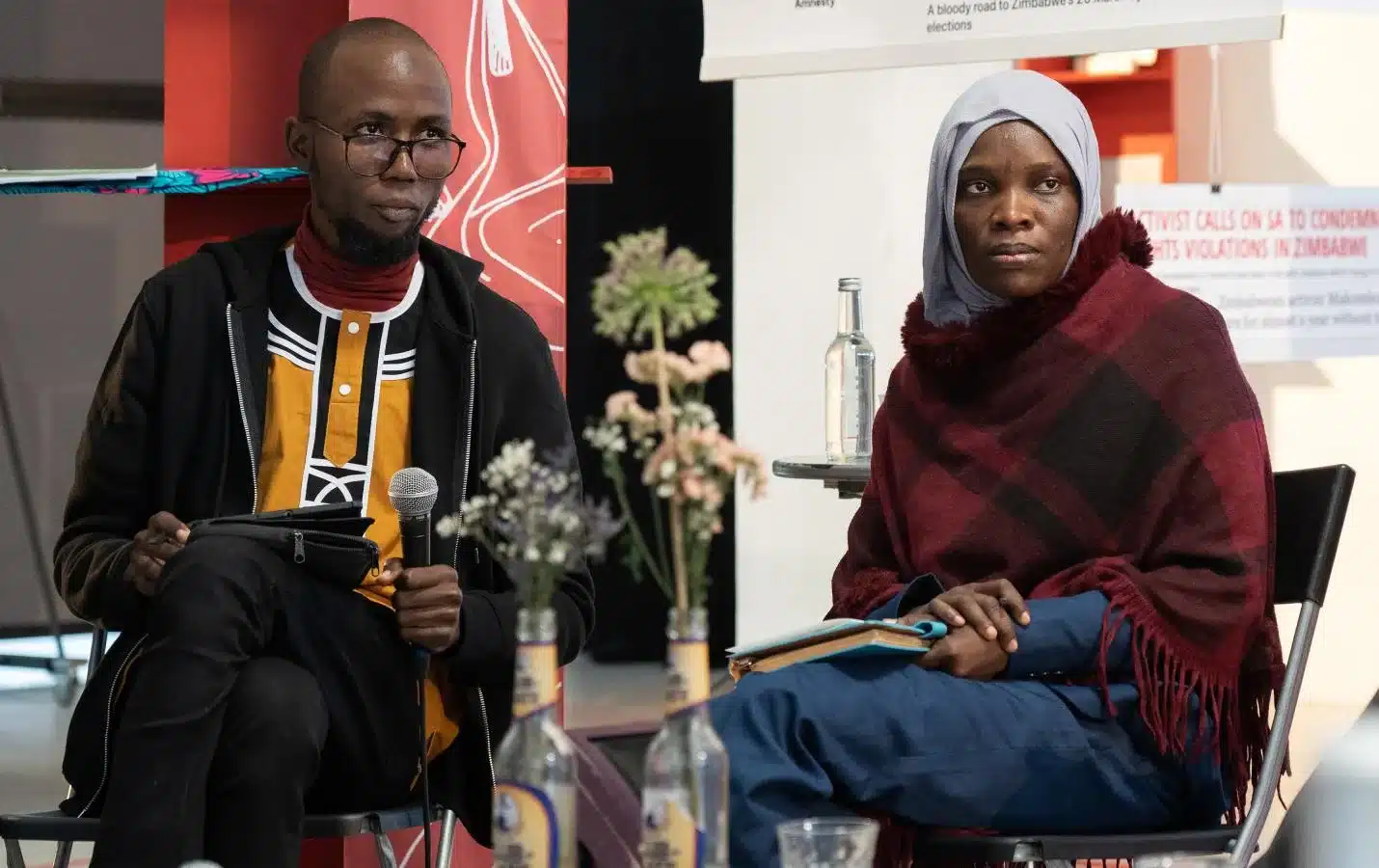
Making the police our ally
Next to regional efforts, We Lead also works on a national level. On International Women’s Day, the program organized a panel between the National Police of Niger and young women. “This was a forum to share concerns about the safety of women and girls, especially related to gender-based violence. The National Police committed to changing how they handle such cases. And they’re starting a campaign to inform staff and officers how to approach these cases in sensitive and secure ways,” Rahinatou explains.
Turning health care providers into human rights protectors
But the work to lift systemic barriers goes beyond addressing government and law enforcement. An important element of the program is to work with health service providers. That’s why We Lead partners in Niger offer workshops on stigma and discrimination to medical students. This is an investment in a future where doctors are acutely aware of the challenges faced by young women in all their diversities.
As a woman with a disability herself, Rahinatou knows better than anyone how devastating different forms of discrimination can be. When she was two months old, she contracted polio and has had to live with stigmatization throughout her life. “When it comes to family planning, women like us are not consulted,” Rahinatou reveals. “Most family planning services are not accessible to women with disabilities. Disabled women are not allowed or expected to have sex. In most cases, partners will be chosen for them in forced marriages, usually with men who also have disabilities or who have a lower social status.”
Room for optimism
Nevertheless, Rahinatou is optimistic about the future of women and girls in Niger. “We are seeing a young generation of feminists stand up. This is a positive change. More and more women are calling themselves feminist, especially young girls.”
Would you like to learn more about Rahinatou? At the 2022 International Conference on Family Planning, she spoke about her personal experiences as a woman with a disability in Niger.
About We Lead
We Lead is an innovative and far-reaching program that aims to strengthen the influence and position of young women whose sexual and reproductive health and rights (SRHR) are neglected the most. It targets young women and adolescent girls who: live with HIV; face vulnerability and discrimination; live with a disability; and/or are affected by displacement. We Lead is a five-year program, funded by the Dutch Ministry of Foreign Affairs. Consortium partners are: Positive Vibes, Restless Development, Marsa, FEMNET, the Central American Women’s Fund, and Hivos as lead party. M&C Saatchi World Services is our technical partner.
Text: Mickey Andeweg

